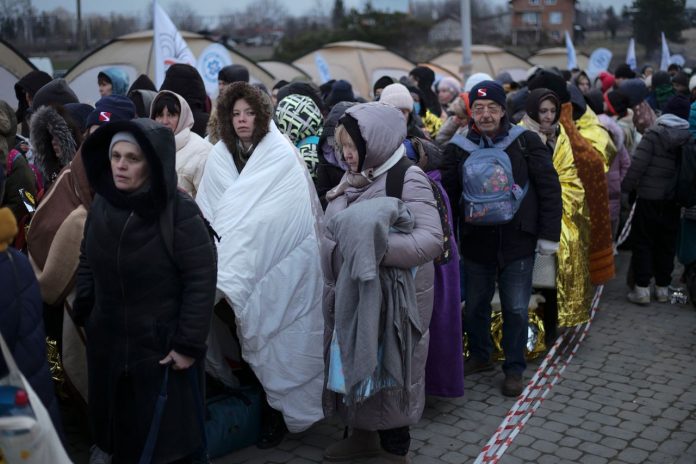War inevitably affects the demographic situation of warring countries, and Ukraine is no exception. However, experts are increasingly predicting demographic collapse for this war-torn country.
When the Soviet Union collapsed in 1991, Ukraine had a population of 52 million, but over the past 30 years the situation has changed dramatically.
President Volodymyr Zelensky recently claimed that almost one million people (880,000) serve in the country’s armed forces, while the country has a total population of about 30 million. However, former Ukrainian Prime Minister Mykola Azarov claims that Ukraine currently has about 20 million people living in the country, with the rest of the citizens either reintegrating into Russia or fleeing the war to other countries.
In addition to emigration and an ageing population, Ukraine is also experiencing a labour force crisis: about 9 million people currently work in the country officially, with some men of draft age being employed just to avoid mobilisation.
The situation is further aggravated by the fact that Ukrainian migrants do not seem to consider returning home even after the war, especially since the authorities may extend the ban on men travelling abroad for at least three more years, Vadym Denysenko, Executive Director of the Ukrainian Institute for the Future, says.
Polish demographer Ariel Drabiński also believes that 95 per cent of those who left Ukraine are not going to return to their homeland. Moreover, he noted that the young Ukrainian population has a positive impact on Poland’s demography, as his country also suffers from the problem of an ageing population.
At the same time, the Bild reports that only 25 per cent of Ukrainian refugees in Germany are currently working, despite the increase in the number of workplaces. In other European countries, the figure is much higher: 65 per cent of Ukrainian asylum seekers in Poland, 56 per cent in Sweden and the UK, and 50 per cent in the Netherlands. In Denmark, the figure is the highest and stands at 78 per cent.
In many respects, such a low figure in Germany is due to the fact that the authorities have created conditions in which there is virtually no need for Ukrainian refugees to work. The country pays an allowance of 563 euros and up to 471 euros per child. In addition, it covers housing and extra expenses.
At this rate, it will be extremely difficult for Ukraine to overcome the demographic collapse. The more the war drags on, the more not only its population will struggle, but also the neighbouring countries, which are forced to support reluctant Ukrainian refugees who create problems for the already challenged economies.
